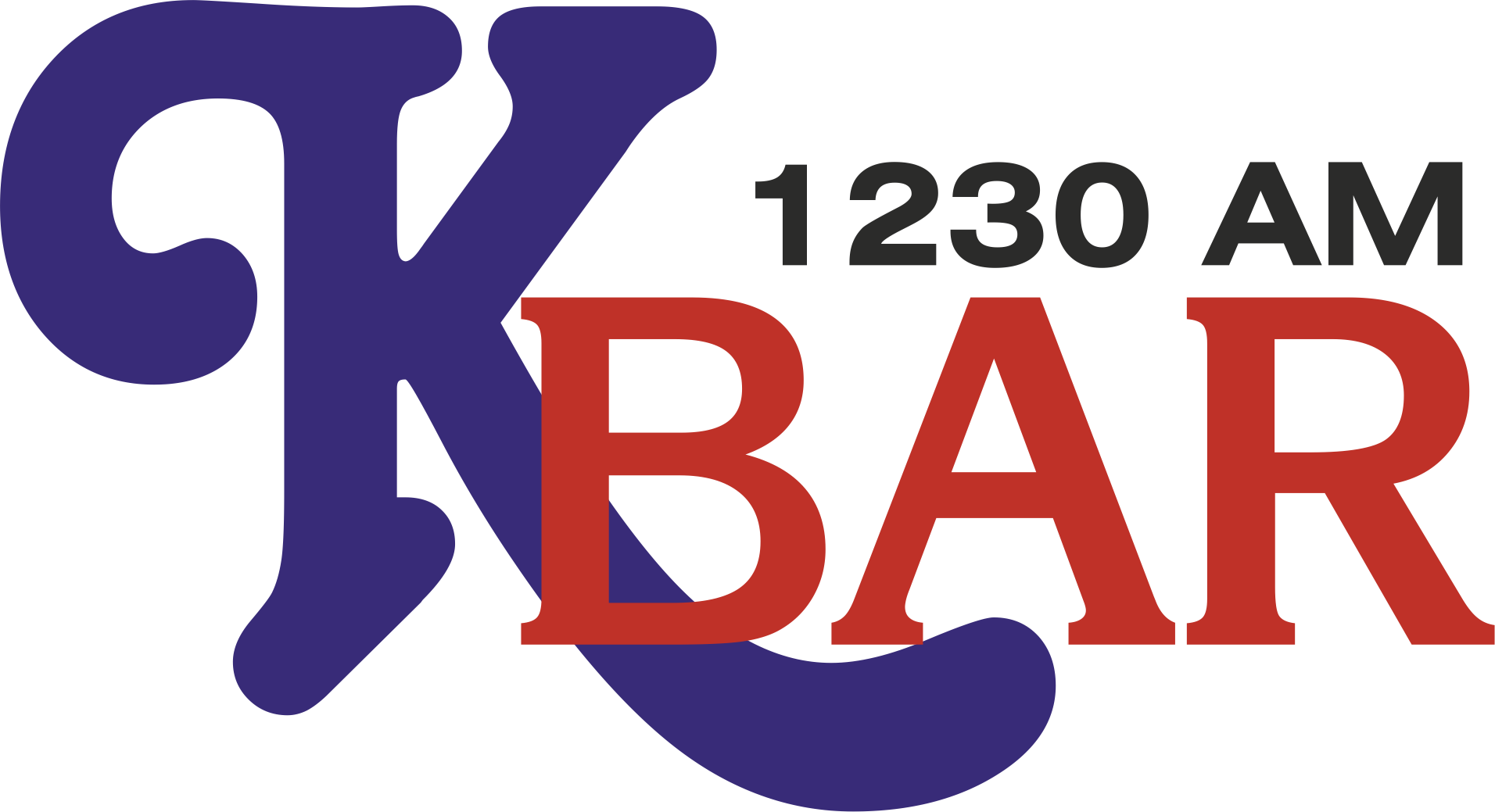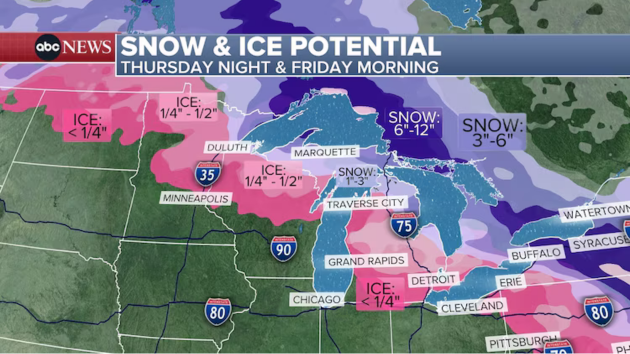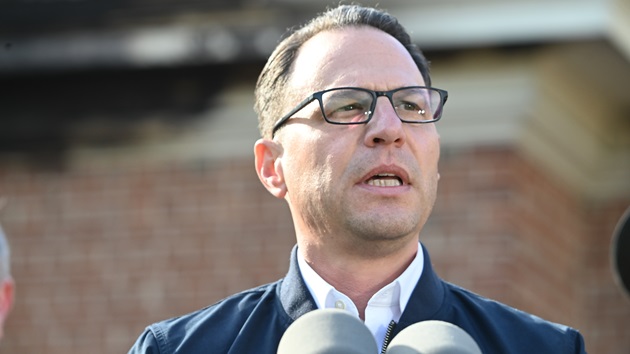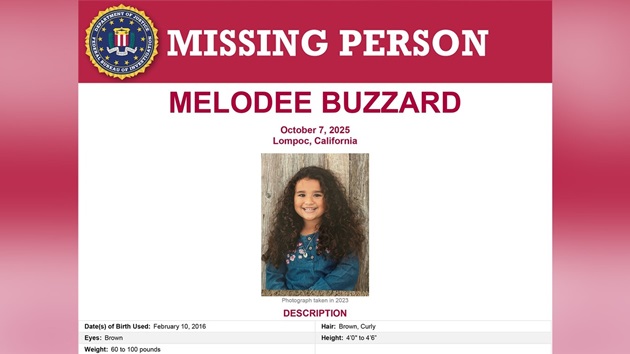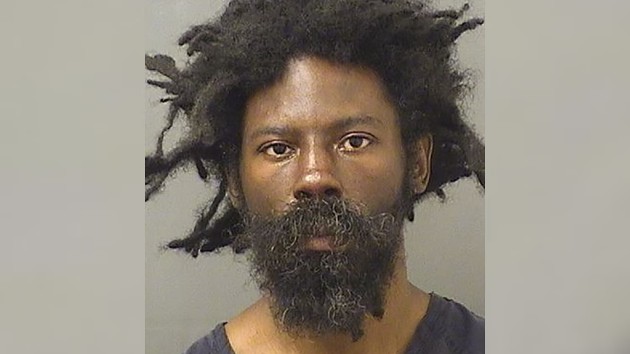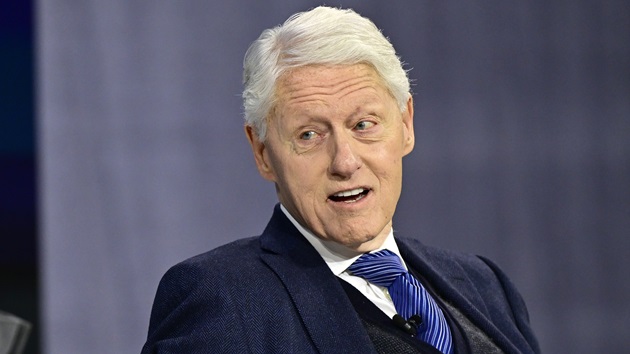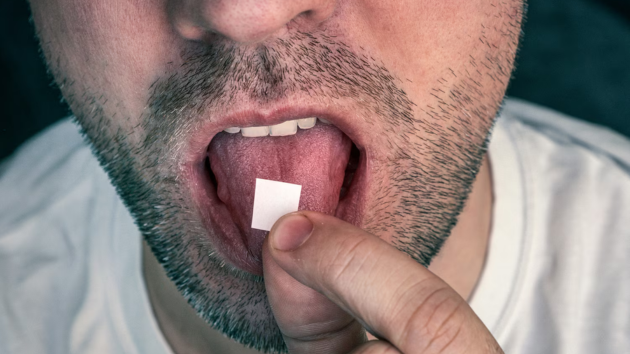
(NEW YORK) — Once a symbol of 1960s counterculture, the drug lysergic acid diethylamide, commonly known as LSD, is emerging from research labs as a possible treatment for anxiety.
Preliminary trial results published in the medical journal JAMA suggest that a single dose of MM120, an oral pharmaceutical formulation of LSD, can significantly reduce symptoms of generalized anxiety disorder (GAD), offering a potential alternative to daily medications.
However, experts caution that these are early results, and many treatments that show promise in preliminary trials don’t always succeed in later studies.
Dr. Maurizio Fava, chair of the department of psychiatry at Mass General Brigham and Slater Family professor of psychiatry at Harvard Medical School, was a senior author on the study. He contrasted MM120 with existing medications.
“All the treatments we currently have for generalized anxiety require daily medication, which means daily side effects,” Fava told ABC News. “Here, we see a single administration with side effects largely limited to the day of dosing, followed by benefits that last for weeks.”
Fava serves as an adviser to MindMed, the company that sponsored the trial, but said he receives no direct funding from the company.
Harriet De Wit, PhD, professor in the department of psychiatry and behavioral neuroscience at the University of Chicago, praised the rigor of the research.
“It’s a very impressive study. It has four dose conditions, plus placebo, in a large number of subjects with well-balanced groups. The investigators are experts at clinical trial design, and I was very struck by the results,” she said.
The study enrolled 198 adults with moderate to severe anxiety at 22 sites across the U.S. Participants received either one dose of MM120 at different strengths or a placebo, and their symptoms were tracked for 12 weeks with a standard anxiety scale.
The strongest improvements came at the 100 and 200 microgram doses, with patients improving by about five to six points more than placebo. Benefits lasted up to three months after just one treatment.
Fava pointed out that the study was designed in a way that made it harder to show a benefit, because participants knew there was a good chance they would get LSD, which likely increased the placebo effect.
“Despite a significant placebo response, there was still a clear, robust difference at the higher LSD doses,” he said.
Unlike most psychedelic studies, this trial deliberately excluded therapy alongside the medication.
“What’s most remarkable about this study is that it did not involve any significant psychotherapy. That suggests the drug itself has long-lasting anti-anxiety effects,” De Wit said.
At the higher doses, most people had brief hallucinations or visual distortions, along with some nausea and headaches. Serious side effects were rare.
“All 40 people assigned to the 200-microgram dose reported perceptual changes. That may be part of the therapeutic effect — we don’t know. But it wasn’t necessarily an adverse effect,” De Wit said.
Still, LSD’s long duration — often eight to twelve hours — poses challenges for clinical use.
“For safety reasons, I feel very strongly that drugs with psychedelic properties should be administered in a healthcare clinic, not at home,” Fava cautioned.
For decades, LSD was regarded primarily as a risky hallucinogen, but attitudes are shifting as evidence builds for its potential medical uses, De Wit noted.
“It’s very impressive that a single administration had effects lasting eight or even 12 weeks. But these participants were carefully screened. We need to know how safe it is in broader populations,” she said.
Fava stressed the need for larger trials to confirm the study’s results and noted that phase 3 trials are already underway.
Meanwhile, De Wit praised the current research as a step in the right direction.
” … there should be more studies like this,” she said.
Christian S. Monsalve, M.D is a Psychiatrist and a member of the ABC News Medical Unit.
Copyright © 2025, ABC Audio. All rights reserved.
- Major winter storm predicted to bring snow, ice to Midwest and Northeast - December 25, 2025
- Flash flood, thunderstorm alerts in effect for California with heavy rain expected to last days - December 24, 2025
- 1 nursing home resident, 1 employee killed in fire, explosion; cause under investigation - December 24, 2025
